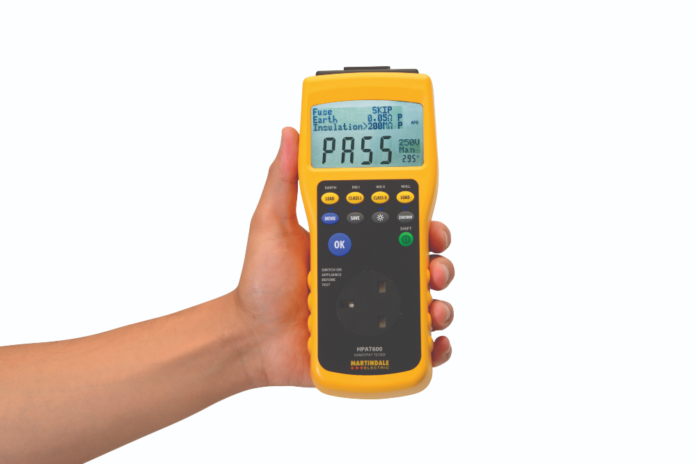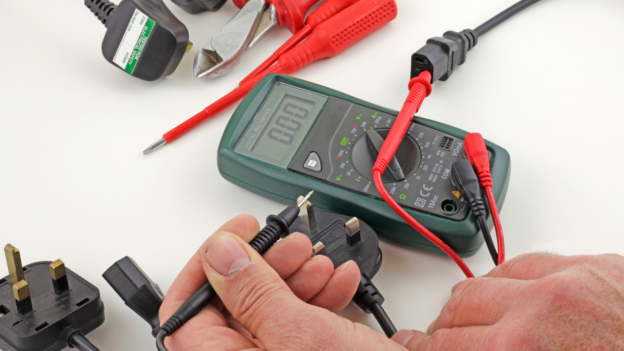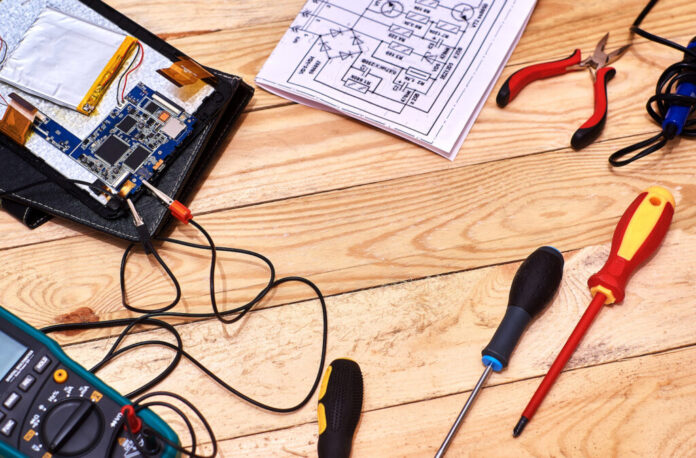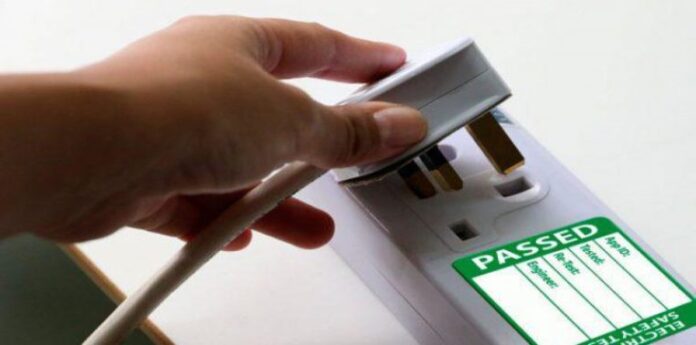Renting a property to a tenant is a tiring job involving responsibilities and fulfillment of rules that require extensive involvement. As the building owner, it comes on your shoulders to maintain everything and ensure the house is safe for tenants. This may include checking for regular water supply, door handles rusting, and working electricity and electrical devices, among other things.
Every tenant requires some ‘pre-tenancy essential services, and electricity is one of the significant ones. Checking for wirings and fixed electric fittings become essential to assure the landlord and the tenant of reduced accident risks. And that is why PAT testing becomes vital in assessing the house before renting it out. It is a series of safety tests for all things electrical on your property.
Any landlord who rents out properties of various types, including apartments, studios, office space, shops and stores, etc., must maintain and check for electrical appliances. They must produce electrical safety reports before they rent or lease their property.
What Is PAT?

Portable Appliance Testing is a series of diagnostic examinations made by expert technicians to ensure the working condition of electrical appliances and fixed electrical wiring in any space. It involves a vast spectrum of testing mechanisms that test the gadgets for various faults and fissures and analyze their quality and utility.
The name PAT is misleading as it involves testing out portable gadgets like ovens, kettles, etc., and stationary appliances like refrigerators, washing machines, etc. It is a non-destructive in-line inspection technique used to measure the health and safety of various electrical devices that a landlord may rent to the tenant.
It assures you against the potential risks that can be caused by malfunctioning devices in various forms, including faulty wiring, frayed wires, short circuits, shortage of electricity supply, etc. For the most part, the damage can be tested visually, but some appliances may require extra effort. PAT includes all the steps, from examining the gadget’s body to its internal mechanism.
Why Is It Necessary For Landlords To Test Their Equipment?

The law requires landlords to ensure that any electrical appliance they are renting to the landlord and the property should be safe for use. If the gadget is not fit to use and can cause potential harm to the physical health of the user, it should be immediately repaired or replaced with a new one. Many countries have set out rules for electrical testing, requiring landlords to maintain a certain level of safety.
The only sure method of testing a piece of equipment is hiring a professional technician having the proper tools to examine various devices. It is necessary for both new and old equipment to be supplied for the tenant’s intended use, as health safety is a significant area of discussion when it comes to renting out property.
When it comes to electrical devices, there is a high risk of getting electrocuted with shocks or getting burned by electric fires that may arise from faulty devices. One of the ways to keep your tenants safe is to check your equipment regularly. The primary purpose is risk minimization; it should be on the top of the list of things to do before the tenant occupies the space.
There are many reasons why you should take a PAT test, some of them being:
Safety:
Tenants expect a safe space to live peacefully. If you rent a property, it becomes your moral duty to check for potential hazards and risks that may threaten the tenant’s life. PAT tests help you maintain safety with your electrical devices by checking them for malfunctions. It may feel like an obligation to you, but these tests can help you keep the tenants safe.
Savings:
It is your humanitarian and legal responsibility to provide safe-to-use electrical appliances to the tenant. Besides, it helps you save a lot of time and money that may get wasted if you have to get the devices fixed again and again. Repairs are expensive, and they cost you a few hours a day.
With PAT tests, you will be sure of the device’s life and utility and can replace it with a new one if it’s not fit. With a regular inspection mechanism, say once a year, you can save a considerable amount for a long time.
Legal Requirements:
In some countries like the US, inspecting electrical devices for risks and faults is a legal requirement to get your property licensed and passed. It becomes an obligation for the landlords to get the appliances PTA tested for the safety of use. It can save you from getting sued if the tenant faces any hazards due to the ill-function of devices and wiring systems.
What All Should You Test In A Property?

PAT can be applied to any electrical device, from a bread toaster to the washing machine. Here’s a list of equipment that you can test on your property:
- Fridges
- Washing Machines
- Microwave
- Ovens
- Toaster
- Dishwasher
- Television
- Lamps
- Electrical Blenders and Kettles
- Vacuum Towels
- Fit-in switches
- Charging Points, etc.
What Faults Should You Look For?
You should pay attention to a number of things when checking for faults in electrical appliances. Sometimes the problems may be visible on the outer body. Sometimes, you may need to hire a technician to analyze the fault. Some of the common things to look for are:
- Frayed wiring
- Cuts to the wires and leads
- Damage to the plugs
- Naked wiring
- Loose screws or parts of the device
- Overheating of the devices
- Burns on the product
- Electricity supply
- Mishandling of the equipment
Bottomline:
Many governments are planning to review this law, thus, making it compulsory for landlords to get their electronic devices checked. The frequency of tests usually depends on the type and use of equipment. For example, a fridge may require more regular inspection than a bedside lamp. Electrical devices can cause damage to the health of a person if they are not in good working condition.
It becomes essential on legal grounds to repair and replace faulty electronics and make the living environment safe for the tenant. Many laws and safety requirements keep a close eye on landlords who fail to fulfil the basic safety requirements.









